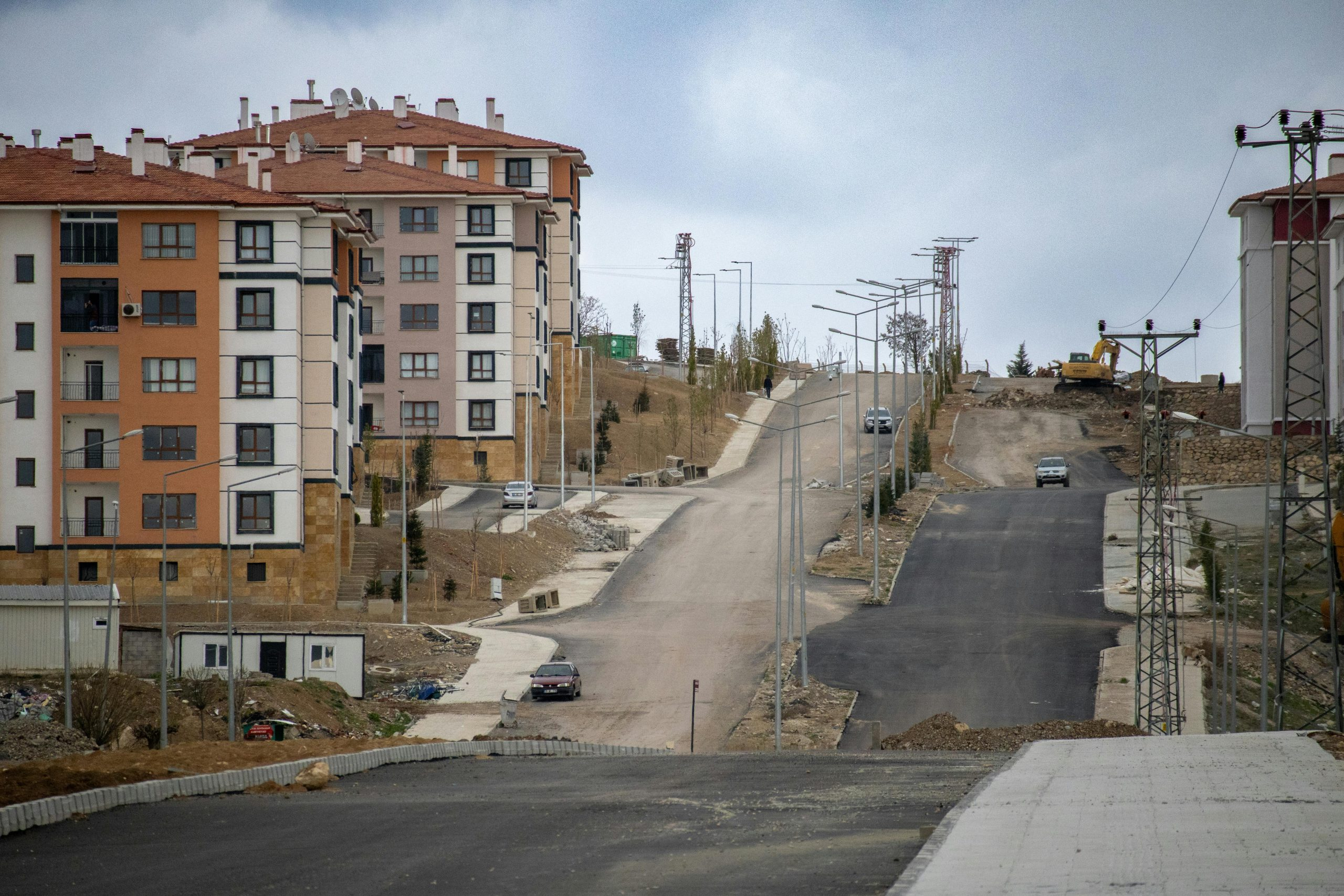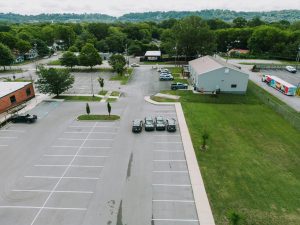How Zoning Law Changes Are Creating More Housing Options
The demand for housing has been steadily rising over the years, and with population growth, this trend is only expected to continue. However, the availability of affordable housing has been a major concern, especially in urban areas. Inefficiency and inflexibility in zoning laws have been the primary barriers to creating more housing options. But with recent changes in zoning laws, there is a glimmer of hope. In this article, we will explore how zoning law changes are creating more housing options and the potential impact it can have on our communities.
Understanding Zoning Laws
Zoning laws are regulations that dictate the use of land in a given area. They determine the type of buildings, their location, and their purpose. Zoning laws have been in place since the early 20th century and have been the primary way of controlling land use in cities and towns. These laws were initially created to promote public health, safety, and welfare. However, over the years, they have become rigid and outdated, leading to various challenges, including a lack of affordable housing.
The Need for Zoning Law Changes
One of the major reasons for the lack of affordable housing is the strict zoning regulations. Zoning laws have limited the number of housing units that can be built in a specific area, leading to a shortage of supply and a subsequent increase in housing prices. This, in turn, has affected low and middle-income individuals and families, who find it difficult to afford housing in desirable locations.
The outdated zoning laws also contribute to urban sprawl as they restrict the development of multi-unit buildings in certain areas. This has resulted in a significant loss of open space and agricultural land on the outskirts of cities. Urban sprawl also leads to longer commutes, increasing traffic congestion, air pollution, and carbon emissions. Thus, updating zoning laws has become a necessity in promoting sustainable growth in our communities.
The Impact of Zoning Law Changes
1. Increased Housing Supply
The most significant impact of zoning law changes is the potential for increased housing supply. Cities and towns are now able to create more diverse housing options, including affordable housing, by allowing for the development of multi-unit buildings in areas that were previously restricted. This will not only help ease the housing shortage but also provide opportunities for individuals and families to live in desirable locations.
2. Promoting Inclusion and Diversity
Outdated zoning laws have also led to the segregation of housing, creating communities with limited diversity. With zoning law changes, there is an opportunity to promote inclusion and diversity in neighborhoods. By allowing for the development of mixed-income housing, people from different backgrounds and income levels can live together, fostering a sense of community and promoting social integration.
3. Encouraging Sustainable Growth
Zoning law changes also have a positive impact on the environment by promoting sustainable growth. By allowing for denser development in urban areas, there is less pressure to build on the outskirts, thus preserving open space and reducing urban sprawl. This also leads to a decrease in long commutes, resulting in reduced traffic congestion and air pollution.
4. Boosting Local Economies
Updating zoning laws can also have a positive economic impact on communities. By allowing for the development of mixed-use buildings, there is an opportunity to revitalize underutilized areas. This can attract new businesses, creating job opportunities and boosting local economies. It also helps in creating vibrant and walkable communities, attracting tourists and improving the overall quality of life for residents.
Conclusion
Zoning law changes are creating more housing options and addressing one of the major challenges faced by cities and towns – the lack of affordable housing. These changes not only promote sustainable growth but also contribute to creating diverse and inclusive communities. While there may be some resistance to these changes, it is essential to recognize the potential benefits they bring to our communities. As we continue to face population growth and housing shortages, updating zoning laws will enable us to adapt to changing needs and create a better future for all.










